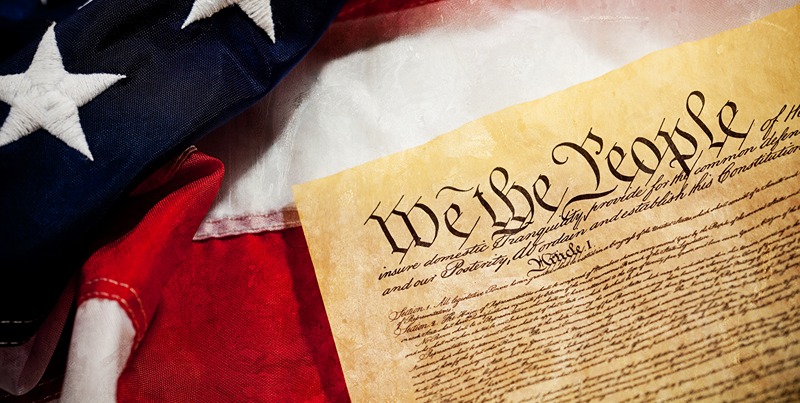
The Importance of the 4th, 5th, and 6th Amendments to Criminal Protections in the Constitution
The United States Constitution is the supreme law of the land, providing the framework for the governance of our nation. It established the three branches of government, outlined their powers and responsibilities, and outlined the rights and protections afforded to individuals. One of the most important aspects of the Constitution is the Bill of Rights, which outlines the basic rights and protections that are guaranteed to all citizens. In particular, the 4th, 5th, and 6th Amendments provide critical protections to those accused of criminal offenses.
The 4th Amendment: Protection Against Unreasonable Searches and Seizures
The 4th Amendment to the Constitution provides protection against unreasonable searches and seizures by law enforcement officials. This means that government officials must have a valid warrant or probable cause before conducting a search or seizure of a person or their property. This protection is critical to safeguarding citizens' privacy rights.
However, there are some exceptions to this protection. For example, police can conduct a warrantless search if they have probable cause to believe that someone is committing a crime or if evidence may be destroyed before a warrant can be obtained. Additionally, searches can be conducted with a person's consent.
The 5th Amendment: The Right to Due Process and Protection Against Self-Incrimination
The 5th Amendment grants individuals the right to due process, which means that the government must follow fair procedures and processes when they accuse someone of a crime. Due process protects individuals from arbitrary government action and ensures that they are treated fairly throughout the criminal justice process.
The 5th Amendment also protects individuals from self-incrimination, which means that people cannot be forced to provide evidence against themselves. This protection is written into the Miranda Rights, which must be read to criminal suspects upon arrest.
The 6th Amendment: The Right to a Speedy and Public Trial, and Other Trial Rights
The 6th Amendment provides a range of trial rights for those accused of crimes, including the right to a speedy and public trial, the right to an impartial jury, the right to be informed of the charges against them, the right to confront witnesses, and the right to have legal representation. These rights are critical to ensuring that the criminal justice system operates fairly and impartially and that individuals accused of crimes have a fair chance at defending themselves.
Exclusionary Rule and Fruit of the Poisonous Tree Doctrine
The exclusionary rule and the fruit of the poisonous tree doctrine are two legal principles that are important to criminal protections in the Constitution. The exclusionary rule states that evidence obtained illegally cannot be used against a defendant in court. This rule is designed to discourage law enforcement from violating the 4th Amendment, as evidence obtained illegally cannot be used to secure a conviction.
The fruit of the poisonous tree doctrine is a related principle that prohibits the use of evidence that is derived from illegal searches or seizures. In other words, if the original evidence was obtained illegally, any evidence found as a result of that initial search or seizure is also inadmissible in court.
Miranda Rights and the 5th Amendment
Miranda Rights are a critical component of the 5th Amendment's protection against self-incrimination. Police officers are required to read a suspect their Miranda Rights upon arrest, informing them of their right to remain silent and their right to an attorney. These rights are designed to protect suspects against self-incrimination and ensure that they are aware of their rights throughout the criminal justice process.
Criminal Protections in the Constitution: Ensuring a Fair and Impartial Justice System
The 4th, 5th, and 6th Amendments provide critical protections to those accused of criminal offenses. These protections are designed to ensure that the criminal justice system operates fairly and impartially, protecting citizens' rights and preventing the government from engaging in arbitrary actions. While there are exceptions to these protections, they are critical to maintaining a just and democratic society.
To learn more about criminal protections in the Constitution and how they safeguard citizens' rights, visit kolsrudlawoffices.com.







